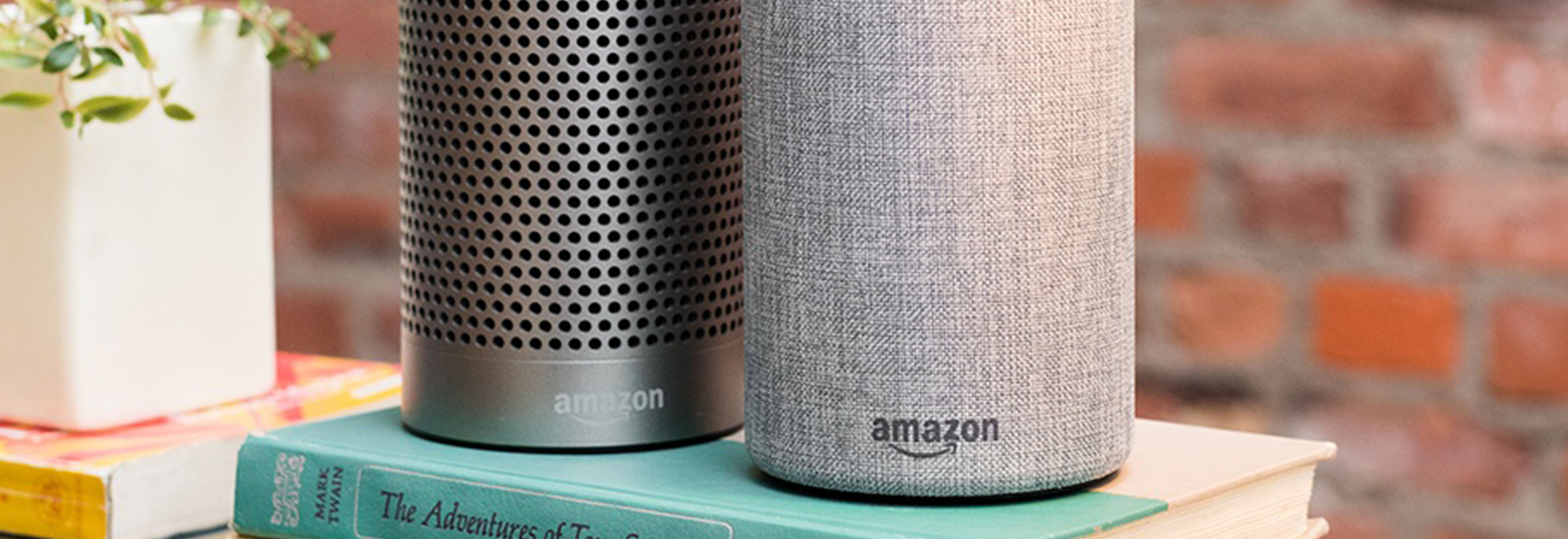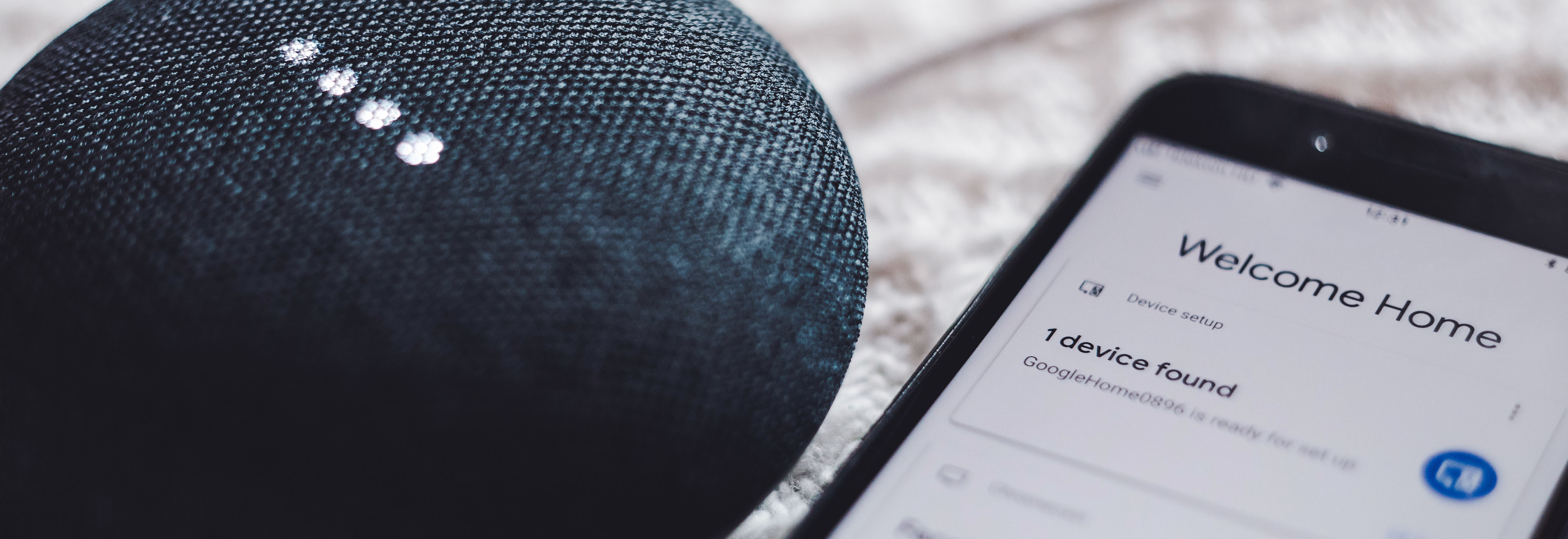Over the last few years, the battle between humans and AI has made endless headlines, formed the plot of Hollywood blockbusters, and has likely been the topic of a few heated dinnertime conversations.
Doomsayers, such as Elon Musk, believe we are already living in a Matrix-like simulation and that AI will ultimately lead to the demise of human civilisation.
It should be noted that Musk also states that a key reason for colonising Mars is to offer an escape route, should AI turn on humans – it might sound far-fetched but he’s very serious.
Although this fantastical machine vs. human battle has captured our minds, the most palpable AI-fueled competition we are seeing today is amongst tech giants.
These companies are well aware that AI offers the biggest opportunity since mobile, and perhaps even the rise of computing, and it now forms a key ingredient in customer engagement strategies. Tapping into such innovative technology to stay ahead is becoming increasingly important for all brands who want to maintain relevance with consumers.
At Prophet, we believe relevance, staying so in step with consumers that they often say, ‘I can’t imagine living without this brand,’ is the single biggest determining factor for a brand’s long-term success, encompassing all the elements needed for a healthy bottom line.
Brands that score higher on our metrics of relevance grow faster and more profitably than their competitors. With such high stakes, it’s no surprise a race for supremacy is underway.
The big players are recruiting scores of AI researchers and scientists away from academia, and AI start-ups are being snatched up just as fast. In 2017, Google and Baidu spent almost $30 billion on AI, with 90% on R&D and deployment, and 10% on acquisitions.
Today, only a handful of other companies are competing at this level - namely Apple, Amazon, Facebook, Microsoft, IBM and their Chinese peers.
However, in the West at least, we are watching a three-horse race: with Alphabet, Apple and Amazon leading the charge.

Back in 2011, Apple was the first to provide a compelling case for AI in our day-to-day lives.
With the introduction of Siri, it created the market for intelligent voice assistants and paved the way for a new type of human-computer interaction – by swapping a keyboard for speech. Six years down the line, Siri remains one of the most widely adopted virtual assistants, but competition is beginning to outpace it.
Amazon and Google have raced ahead with their technology, offering better voice recognition capabilities and integrating their assistants into different sorts of devices. Meanwhile, Apple seems to have slipped behind, releasing its Siri-powered HomePod speaker well after its peers.
Despite these shortcomings, Apple’s commitment to AI is evidenced by the introduction of its A11 Bionic chip. Along with Huawei, it was amongst the first to add an AI-specific chip to its smartphones.
The Bionic chip enables several advanced features in the iPhone, including FaceID, Animoji and augmented reality.
The success of Apple in AI rests on its ability to retain, and grow, a loyal user base. Today, this stands at around 800 million devices – making it Apple’s greatest advantage - but if it cannot keep this up Apple doesn’t stand a chance against Amazon and Alphabet.

Amazon’s success in AI is largely built off the market Apple created with Siri; Amazon just took it a step further.
With Amazon Echo or Alexa, Amazon brought the voice assistant technology into the home and created a new customer electronics category – the smart speaker.
In addition to Alexa, Amazon has used AI to transform the retail experience. In the US, it has successfully piloted autonomous drone delivery and introduced ‘frictionless’ checkout at its Amazon Go brick and mortar stores - no queues! We also know that Amazon leverages machine learning to improve purchase recommendations and to optimise its back-end processes, currently it is using over 80,000 robots in its fulfilment centres.
Apple may have introduced customers to this sort of technology but Amazon made it vastly more applicable and exciting.

Until recently, Google’s biggest triumph in AI was AlphaGo, the first computer program to beat a human professional Go player.
Success at this notoriously difficult strategy game was a major milestone for Google, however, it was of little relevance to end consumers.
Part of the reason Google struggled to make a noticeable impact on consumers was that it lacked the hardware competitors used to promote their AI-powered services (in this case, the iPhone and Echo).
Only in 2016, with the launch of the Made by Google family of devices, was Google able to visibly enter Amazon and Apple’s competitive sphere. This new hardware ecosystem – including the Pixel smartphone and the Google Home speaker – has AI embedded in its very core through the integration of Google Assistant.
What sets Google apart, however, is its legacy in search and years of customer data, not only from its core search business but also from Google Maps, YouTube and a host of other Google services.
This data not only allows Google to understand customers intimately and serve them in a uniquely personalised way, it also provides an unparalleled platform for its AI to learn. The ability to mine troves of customer data is what enables the progression of machine learning and ultimately allows it to become more ‘human’ by simulating the cognitive processes of our brains. Although not directly apparent to customers, Google has been using and improving this technology for years.
It is what sits behind YouTube’s video recommendations and is responsible for an increase of 50% in average watch times year on year since 2014. It was also used in the development of Waymo, the company’s self-driving spin-off, enabling cars to become more efficient and more receptive to what is around them.
Today, Google has succeeded in generating an AI voice which is indistinguishable from humans. These learnings from other AI applications will be used to bolster the Assistant and enable Google to achieve its aim of creating a personalised Google for everyone.
This triad of super players - Apple, Amazon and Alphabet - all hold different competitive advantages.
Apple, has its large and uniquely loyal user base.
Amazon, has the ability to weave AI into everyday uses. Finally, Google, has its wealth of data. Amazon and Apple too have access to unthinkable levels of data, it is why they are able to compete at this level in the first place but Google’s two decades in search give it the one up. What this means for customers no one can say for sure, but one can envision a near future where smartphones become obsolete, replaced by our AI assistants embedded in our homes, our appliances, our clothes and perhaps even in our minds.
By Stephanie Morrongiello, Senior Associate at Prophet
Newsletter
Enjoy this? Get more.
Our monthly newsletter, The Edit, curates the very best of our latest content including articles, podcasts, video.
Become a member
Not a member yet?
Now it's time for you and your team to get involved. Get access to world-class events, exclusive publications, professional development, partner discounts and the chance to grow your network.




